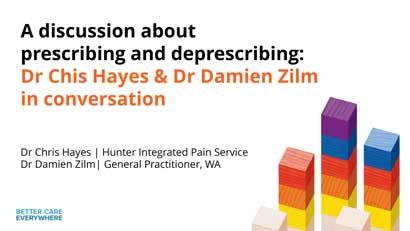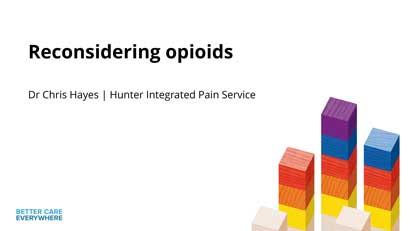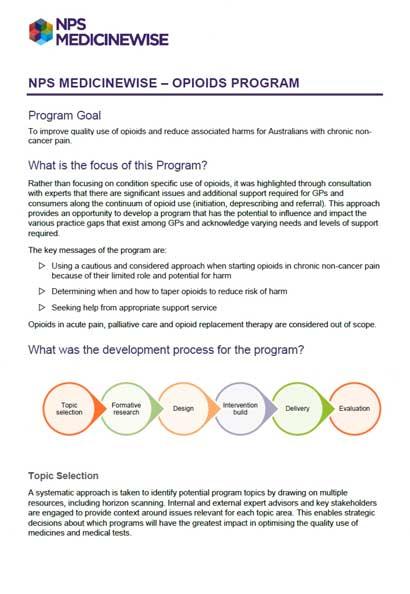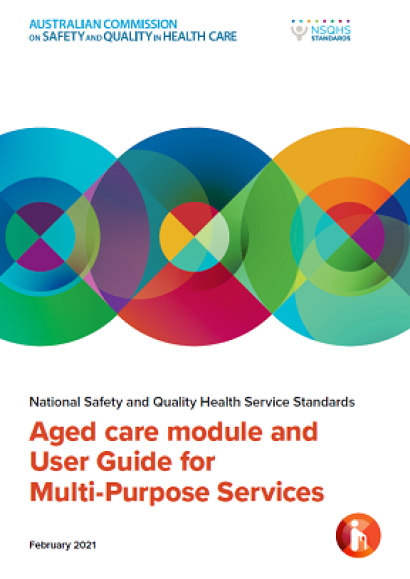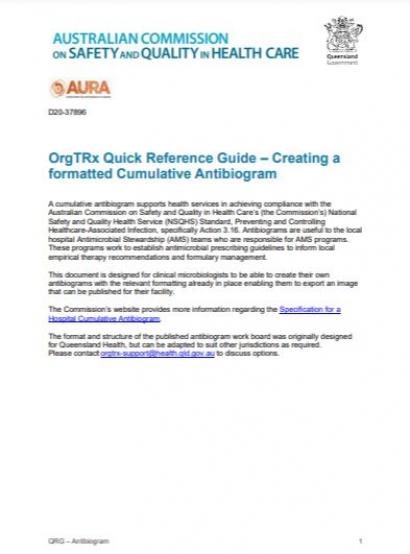A discussion about prescribing and deprescribing opioid medicines with Dr Chris Hayes and Dr Damien Zilm.
Opioid prescribing and harm continue to rise in Australia, but GPs and pain specialists can work together to ‘stop the habit’. Find out when to avoid opioids altogether, how to deprescribe opioids, and how to manage difficult conversations with colleagues and consumers.
This document provides an overview of the NPS MedicineWise Opioids program which aims to improve quality use of opioids and reduce associated harms for Australians with chronic non-cancer pain.
The Multi-Purpose Services Aged Care Module (MPS Aged Care Module) has been developed by the Commission in collaboration with the Australian Government, state and territory departments of health. The MPS Aged Care Module describes the requirements of the Aged Care Quality Standards not covered by the National Safety and Quality Health Service (NSQHS) Standards.
The APAS – OrgTRx Quick Reference Guide provides instructions for APAS contributors on how to create and export formatted antibiograms.

